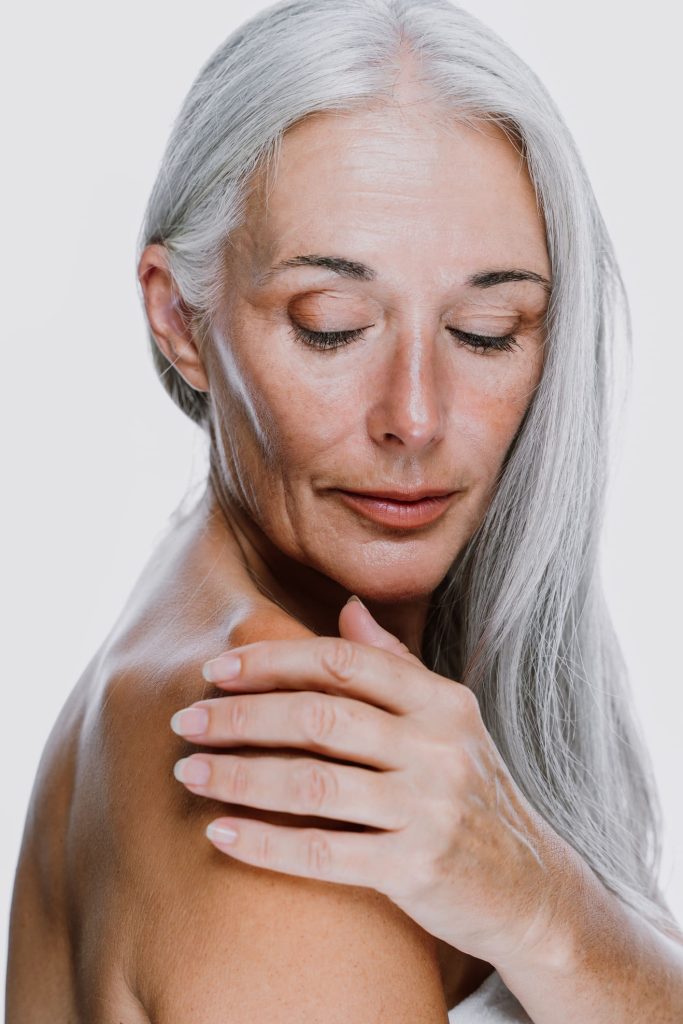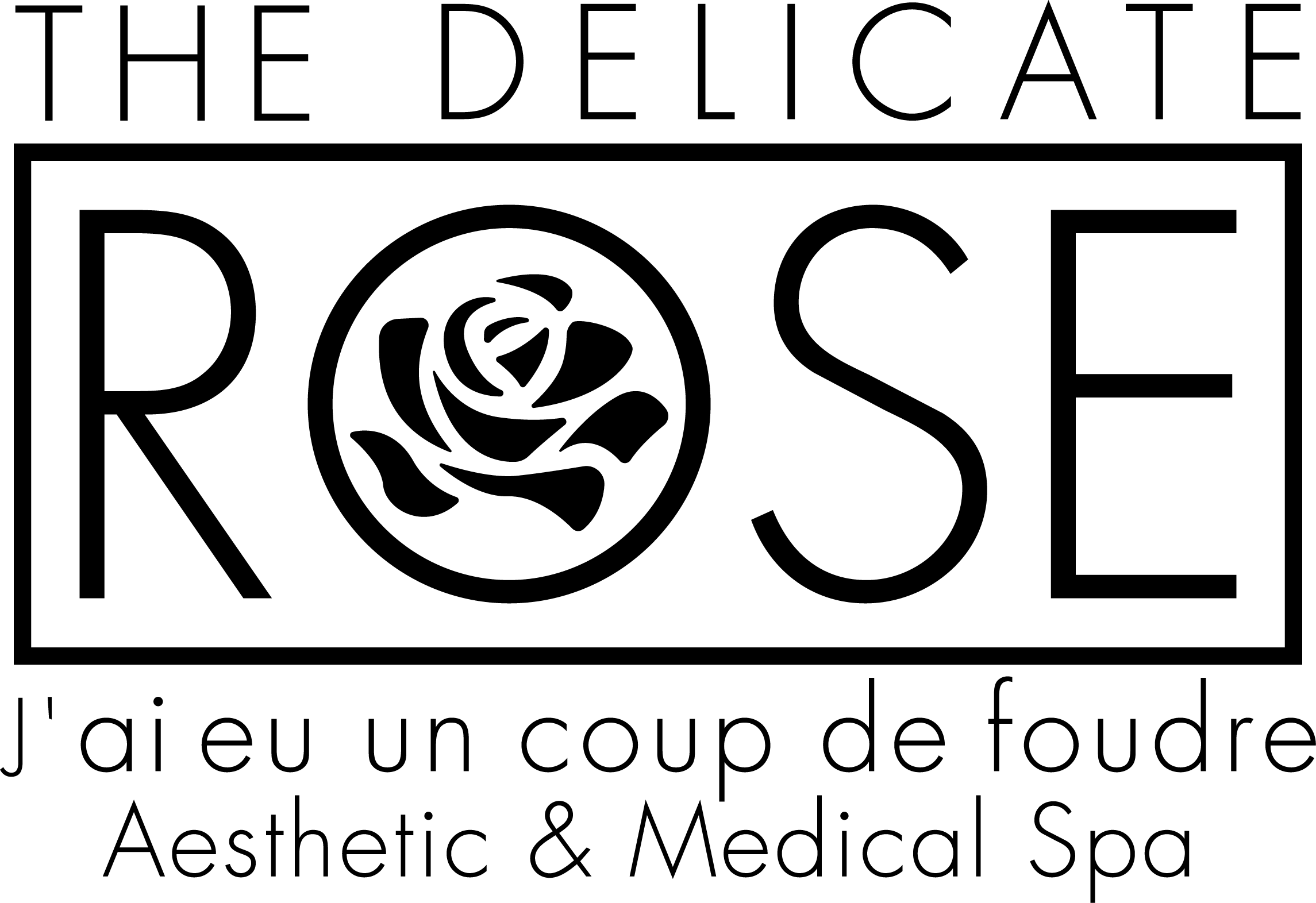Hyperpigmentation
What is hyperpigmentation?
Hyperpigmentation is a common skin condition characterized by the darkening of certain areas of the skin. This darkening occurs due to an excess production of melanin, the pigment responsible for skin, hair, and eye color. Melanin is produced by melanocytes, which are cells found in the skin. Hyperpigmentation is generally a cosmetic concern and is not usually a harmful condition. However, it can affect an individual’s appearance and may lead to self-esteem issues.

What are the causes of hyperpigmentation?
Post-Inflammatory Hyperpigmentation (PIH): Inflammation or injury to the skin triggers an increase in melanin production as part of the healing process. This can result from conditions such as acne, cuts, burns, or other skin injuries.
Sun-Induced Hyperpigmentation (Sunspots or Sun Damage): Prolonged exposure to ultraviolet (UV) rays from the sun stimulates melanocytes to produce more melanin, leading to the development of dark spots or sunspots.
Melasma: Hormonal changes, such as those during pregnancy, birth control pill use, or hormonal therapies, can trigger melasma.
Inflammatory Skin Disorders: Chronic inflammatory skin disorders, like lupus or sarcoidosis, may contribute to hyperpigmentation.

Prevention
Sun Protection: Apply a broad-spectrum sunscreen with a high SPF (Sun Protection Factor) to all exposed skin, even on cloudy days. Reapply every two hours and after swimming or sweating.
Avoid Tanning Beds: Refrain from using tanning beds, as they can increase the risk of UV-induced hyperpigmentation and skin damage.
Gentle Skincare Practices: Use mild and fragrance-free skincare products to reduce the risk of irritation.
Manage Inflammatory Skin Conditions: If you have skin conditions prone to inflammation, such as acne, eczema, or psoriasis, seek prompt and appropriate treatment to minimize the risk of post-inflammatory hyperpigmentation.
Topical Treatments: Incorporate skincare products containing ingredients known to address hyperpigmentation, such as retinoids, vitamin C, niacinamide, and alpha hydroxy acids (AHAs).
Professional Treatments: Consult with our aesthetic professionals for treatments like chemical peels, laser therapy, or microneedling, which can address existing hyperpigmentation and promote skin renewal.
